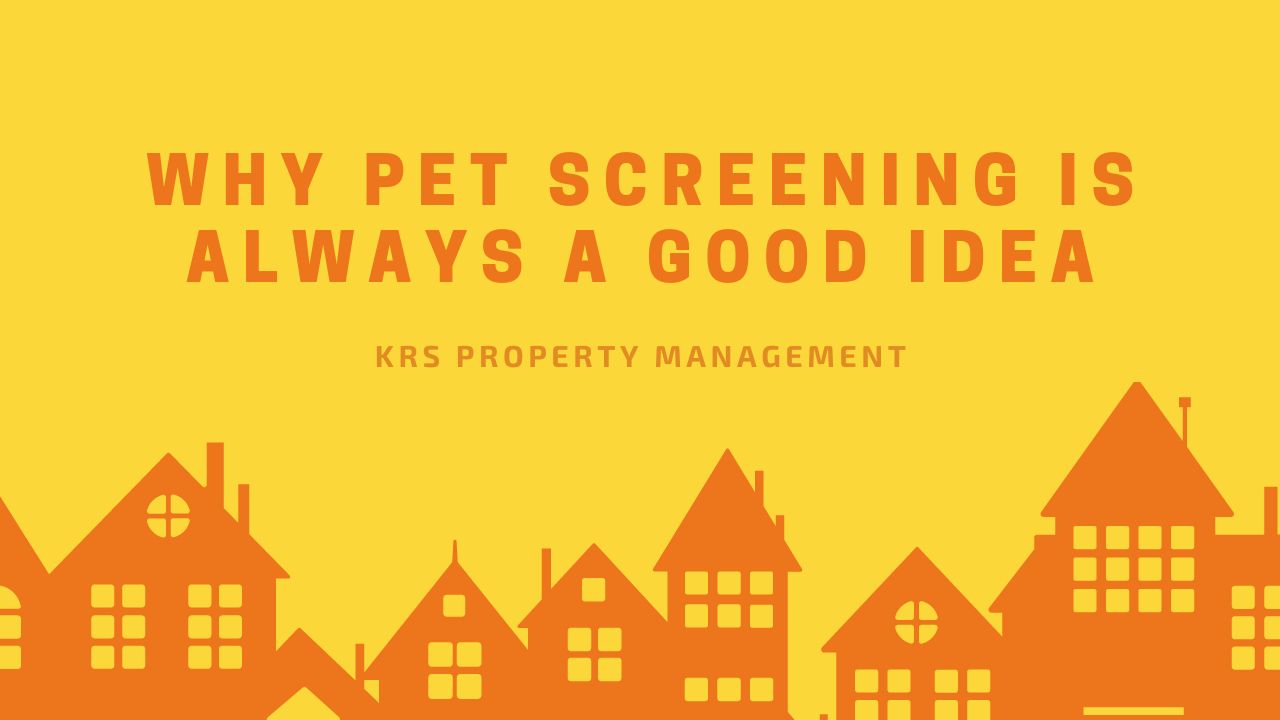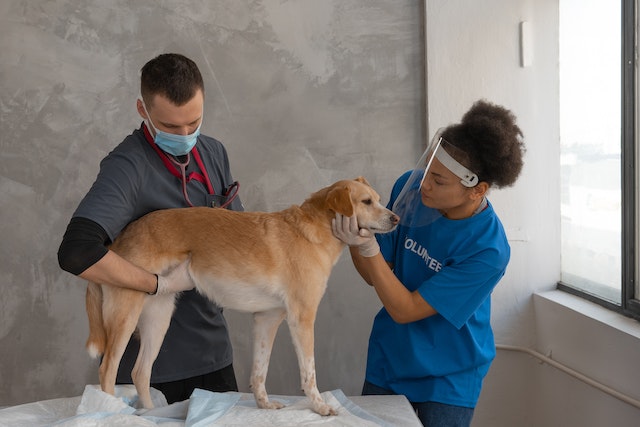
The rise in pet ownership has inspired more businesses to welcome pets. You can see it in the number of shops, hotels, and dining spots accommodating pets.
Serving this specific market sub-group can be lucrative for landlords since it provides several benefits. For one, you’ll gain access to a wider tenant pool. Landlords also have the potential to earn more income from their property when renting to tenants with pets.
That said, it’s vital to protect your rental property from damages that pets can potentially cause. Minimizing probable complaints by neighbors due to pet noise is also something you want to keep in mind. Pet screenings must, therefore, be done before accepting them into the rental property. Keep reading if you want to learn how to conduct pet screenings!
Benefits of Being a Pet-Friendly Rental
If you're trying to decide whether or not to allow pets in your rental property, consider the following benefits:
Tenants are More Likely To Be Long-term Residents
It’s not recommended for pet owners to keep moving as it’s best for animals to stay in a familiar environment. Tenants who see that their pets are comfortable will be more likely to renew their leases to prevent disruptions to their pet's home environment.
More Tenants to Select From
Being a pet-friendly property can distinguish you from similar units in your neighborhood that don’t allow them. You can, therefore, find a wider market seeking rental property that accommodates their pets.

More Responsible Tenants
With the number of responsibilities pet owners have, they’re bound to know how to attend to their tenant duties and will be open to adhering to the policies and lease agreement because they don’t want to risk being in breach of contract.
What Is Pet Screening?
Similar to conducting tenant screenings, pet screenings require checking the pet’s background to assess if they’re suited to living in your rental property. You may want to do this on your own or find third-service providers to perform the pet screening for you depending on your experience level.
What Is the Procedure for Pet Screening?
Your primary goal is to learn about the pet's health status, behavior, and personality. Landlords can do this by setting up an in-person meeting and requesting that owners complete an application form.
Questionnaire
Landlords can hand out a questionnaire to the pet owner to acquire essential information. The questionnaire should include the following:
- What is the type and breed of the animal?
- How much does the pet weigh?
- How old is the pet?
- How long has the renter owned the pet?
- Can the owner submit proof of pet vaccines?
- Did the pet undergo house training?
- Does the pet have any behavior issues? Excessive barking?
When conducting a pet screening for a dog, ask the following questions:
Does the pet owner plan to spay or neuter the dog?
- Did the dog attend any training classes?
- Is the dog leash trained?
- What breed is the dog

If the tenant has a cat, make sure to ask the following:
Does the pet owner plan to spay or neuter the cat?
- Is the cat trained to use a litter box?
- What breed is the cat
- Is the cat registered and does it have an ID?
- Does the cat stay indoors?
Once a prospective tenant submits the application form, you can schedule a face-to-face meeting with the owner and their pet.
Meeting In-Person
On paper, the pet's behavior and health may appear differently compared to an in-person interaction. If you’re not used to working with animals, it’s best to engage the services of a licensed expert who can look for common behavioral issues in pets. Note that pets can get nervous around new people so it’s best to manage your expectations during the initial pet screening interview.
What Pet Clauses to Include in Your Lease Agreement?
When drafting leasing agreements, landlords must include general pet policies or pet clauses for pet-friendly rental units. It should contain the following:
The type of pet screening that’s carried out
- Which types of pets are allowed on the property
- Which dog breed is allowed on the property
- If there are pet-related fees and deposits collected from the tenant
Which Pets Require Screening?
Being fair reduces complaints, so you should apply the same pet screening process to all pets. If the tenant is renewing their lease, ask them to provide updated pet documents. Your renewal pet screening process doesn’t have to be as extensive, but it’s important to determine the behavior and health status of the pets to protect against future problems.

Handling Pet Fees and Deposits
Research what kind of pet fees and deposits you can collect in your state since some areas don’t allow pet fees to not be refunded. Here are the three types of animal fees you may be able to charge for your property:
One-time fee: This fee is collected at the start of the tenancy. Typically, it can’t be refunded and covers the whole duration of the rental term. However, some states don’t allow non-refundable fees so check your state’s laws before finalizing your lease agreement.
- Monthly rent: Landlords ask pet owners to pay a pet rent each month, on top of the regular rent.
- Pet Security Deposit: This fee is separate from the security deposit requested at the beginning of the occupancy.
Guidelines for Service and Emotional Support Animals
The Americans with Disabilities Act (ADA) categorizes service animals as dogs properly trained to help out disabled people and perform assistive tasks. However, states may vary in defining what service animals are and what their rights are. It’s advisable for landlords to check on their local guidelines and the Federal Fair Housing Act.
You can request a candidate to submit a letter from a healthcare professional stating the need for assistance animals. But remember that you shouldn’t check the tenant’s medical records. What's more, if the tenant brings in a service animal they’re exempt from paying for a pet deposit.
Bottom Line
With a solid pet screening procedure, you can keep pet damage at a minimum and open your property up to a larger tenant pool. If you’re looking for a trusted Raleigh-based property manager for your rental property, contact KRS Property Management today!






